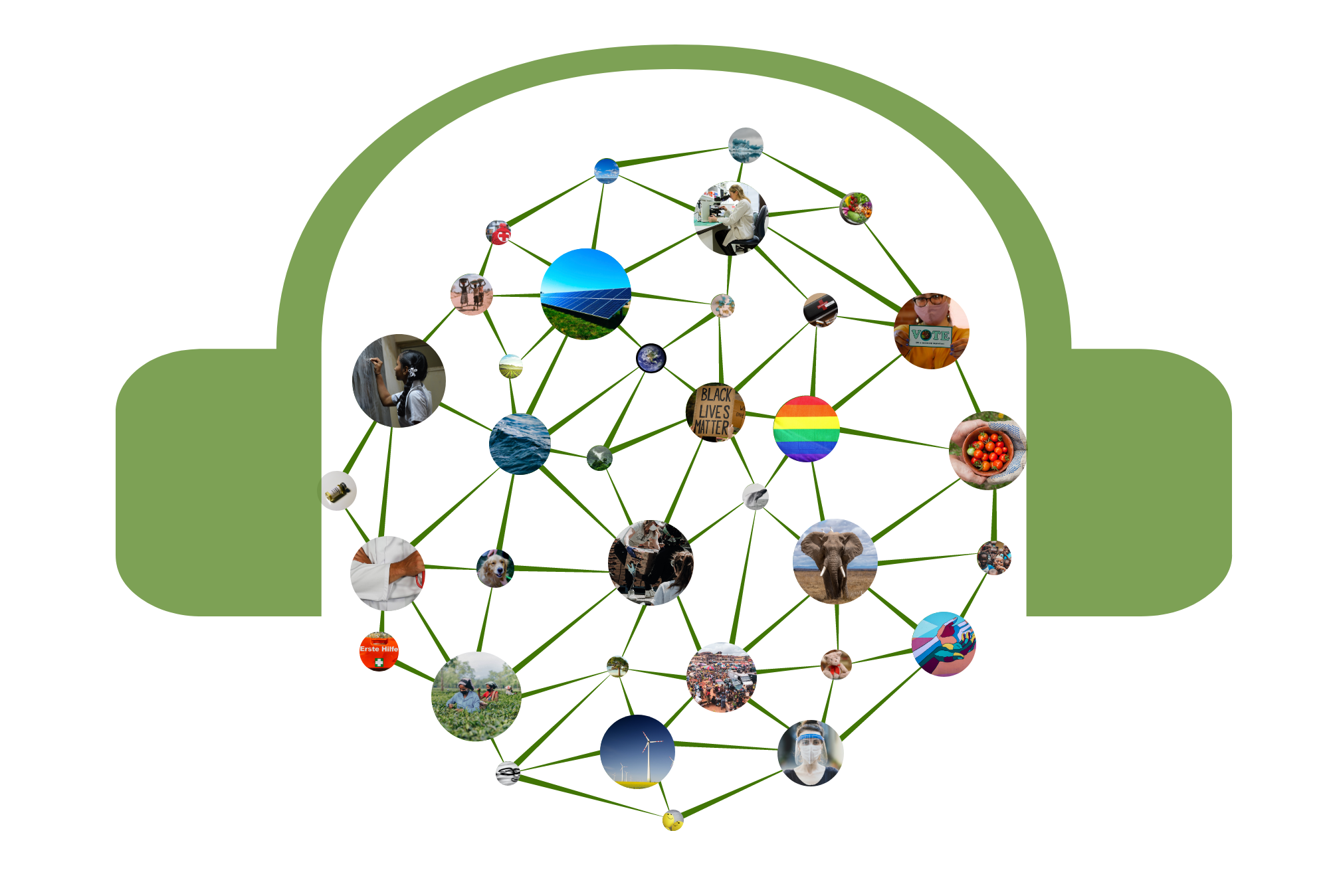Crypto Altruism Podcast Episode 44 - Tokenizing Social Impact part 2 - Fishcoin and “Best Fit” tokens - ft. Michael Cooper from Panagora Group
In this episode, we welcome back Michael Cooper, Director of Monitoring, Evaluation, and Learning at Panagora Group, to continue our conversation on Tokenizing Social Impact. We discuss Fishcoin as a case study on how tokens can be used to address specific types of social impact problems and the role of behavior change and adaptive management in finding the “best fit” token.
Part one of the conversation with Michael can be found HERE.
About Michael and Panagora Group
The Panagora Group is a leader in providing evidence driven innovation in social impact to the United States Agency for International Development and is actively building the tools for effective and ethical digital impact. Along with colleagues from the Research Institute for Cryptoeconomics, Notre Dame and Cardiff Universities, Michael has recently published a paper that explores the use of tokens to achieve the behaviors necessary for social impact, which can be found HERE.
In his role with Panagora group, Michael works with foreign assistance providers from various U.S. federal agencies, the United Nations and World Bank in designing and learning from social impact interventions. His mandate is to build evidence to improve the design and management of social impact interventions using government funds. He has worked in 27 different countries and completed fellowships with the University of Notre Dame on the use of data science in decision making and is now focusing on building the initial learning agendas and protocols for optimizing the use of blockchain technology for social impact.
Social Links
Follow Panagora Group:
Follow Michael Cooper
Episode Time Stamps:
02:19 – Tell me about Fishcoin
05:55 – What are the benefits for Fishcoin token holders?
07:30 – Why is Fishcoin a useful case study for exploring the use cases of social tokens?
10:37 – Why are DAOs and social impact a good fit?
13:09 – Why is behavior change important in matching token design to the problem of interest?
15:40 – What do you feel are the key areas of research we need to focus on in web3?
19:12 – What does this all mean for the future of using tokens for social impact problems?
21:42 – What are some of the evidence gaps that need to be addressed moving forward?
23:45 – Are decentralization and formal research compatible?
29:35 – What’s the best way for listeners to learn more about you and your work and to follow you?
30:41 – Give us a teaser for our next conversation on tokenizing social impact and the Oracle Problem
Like what you’re reading? Consider contributing to Crypto Altruism so we can continue putting out great content that shines a light on the good being done in the crypto and blockchain community.



